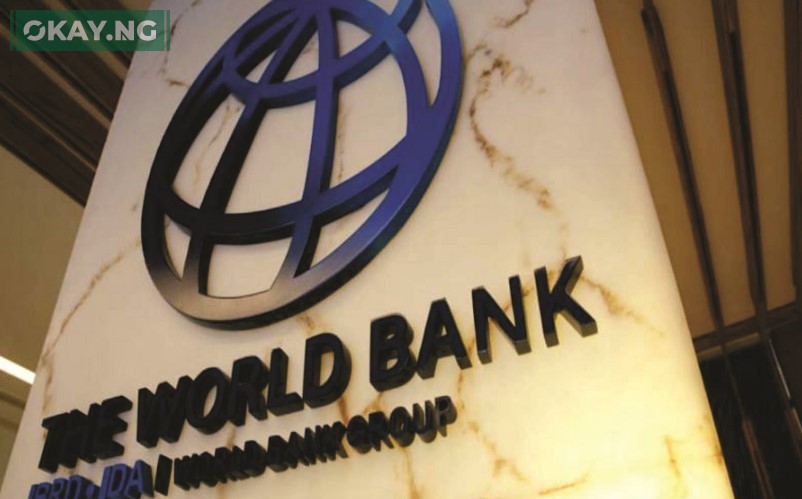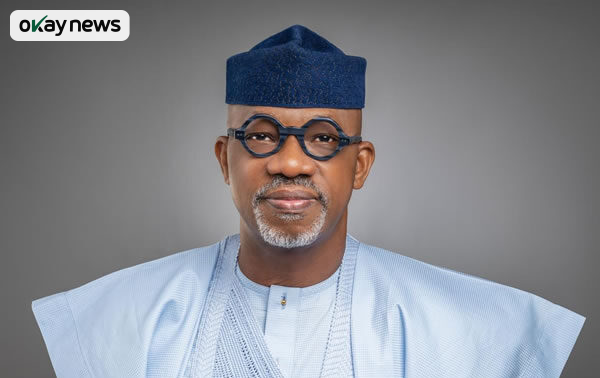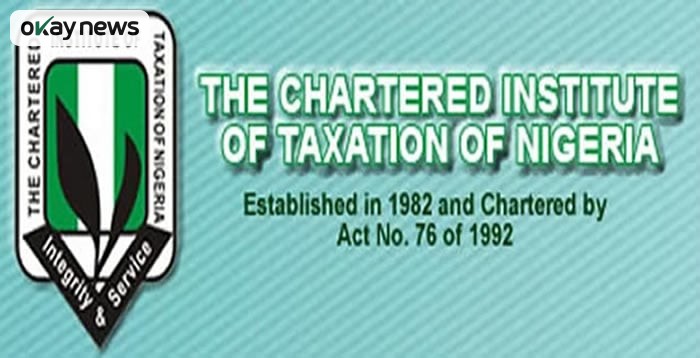Nigeria has approached the World Bank for a $10.5 million loan. This funding is earmarked for the Central Bank of Nigeria (CBN) Technical Assistance Facility, aiming to enhance the CBN’s technical capacity and modernize the nation’s domestic payment infrastructure.
According to documents seen on the World Bank website, the proposed initiative will focus on integrating innovative technologies and data science into the CBN’s supervisory processes. This is designed to address both long-standing and emerging challenges within Nigeria’s rapidly evolving financial landscape, while also improving the domestic payment infrastructure, particularly for remittances.
“The objective of this project is to strengthen technology-enabled, data-driven, risk-based supervision at the CBN and improve domestic payment infrastructure for remittances in Nigeria,” the World Bank states.
The project is slated for board presentation approval on June 12, 2025, with the CBN acting as the implementing agency. It targets three key areas:
- Strengthening Institutional Capacity: This involves developing a robust governance framework, providing expert advisory support, facilitating peer-to-peer central bank exchanges, and modernizing internal processes to align with the digital era.
- Enhancing Supervisory Capacity: This will be achieved through technology and data improvements, including funding Supervisory Technology (SupTech) systems to enhance data accuracy, operational efficiency, and risk-based supervision.
- Modernizing Domestic Payment Systems: This focuses on improving the safety and reliability of remittance systems, exploring innovative methods to attract informal remittance flows into formal channels, and conducting annual household surveys on remittance patterns.
This initiative aligns with Nigeria’s pursuit of a cashless economy and the increasing adoption of digital financial services across the nation.
World Bank Approves $1.08 Billion for Education, Nutrition, and Economic Resilience
In addition to the CBN loan request, the World Bank has also approved three financing operations totaling $1.08 billion for Nigeria. These funds are designated to support education, nutrition, and economic resilience, targeting underserved groups.
Read Also: Nigeria Secures $632M World Bank Loans Amid Debt Concerns
The approved operations include:
- $500 million for the Community Action for Resilience and Economic Stimulus (NG-CARES) Programme: This program aims to expand access to livelihood support, food security services, and grants for vulnerable households.
- $80 million for Accelerating Nutrition Results in Nigeria (ANRIN 2.0): This initiative focuses on enhancing the use of quality nutrition services for pregnant women, lactating mothers, adolescent girls, and children under five.
- $500 million for the Hope for Quality Basic Education for All (HOPE-EDU) initiative: This project will support foundational literacy and numeracy, enhance access to basic education, and strengthen education systems across participating states.
The NG-CARES program, initially designed to mitigate the economic impacts of the COVID-19 pandemic, has evolved into a shock-responsive platform providing multisectoral interventions. The new financing will bolster the program’s reach, particularly as Nigeria navigates economic challenges stemming from the 2023 fuel subsidy removal and foreign exchange rate unification.
ANRIN 2.0 builds upon the success of the initial program, which delivered nutrition services to over 13 million children under five between 2018 and 2024. The HOPE-EDU initiative is expected to directly benefit 29 million public primary school pupils, 500,000 teachers, and more than 65,000 public primary schools.
The World Banks statement read, “The World Bank has approved three operations in Nigeria, totalling $1.08bn in concessional financing, to enhance education quality, build household and community resilience, and improve nutrition for underserved groups.”
These financial initiatives underscore the World Bank’s ongoing commitment to supporting Nigeria’s efforts to strengthen its financial infrastructure and improve the well-being of its citizens.







